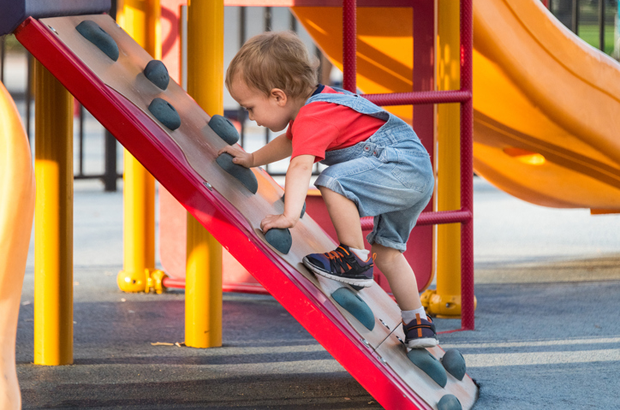Supporting your child’s goals without funding

Whether you are waiting for NDIS funding, are low on NDIS funds, or just looking for mainstream activities or cost-saving activities, there is plenty that you can do to build your child’s skills and independence.
It could even be free activities, like going to your local playground. There are also plenty of free community activities that families can attend, like rhyme-time at the local library.
Many organisations have free playgroups where families can ‘drop in’. Whilst free, which is great, you can also speak to the therapists who often run the groups, and ask questions, or get strategies you can implement at home.
If budgets are tight, and you can’t afford regular therapy appointments, consider utilising the play groups for professional feedback. You could also stretch funds by seeing a therapist monthly, and having a plan to implement at home.
But if you think creatively, I am sure you will come up with all sorts of mainstream activities, which cost a fraction of therapists, yet have a therapeutic benefit, and can be so much more fun for your child and family!
Think soccer for example – benefits could include improving ball skills (gross motor skill), following instructions & problem solving (cognitive skills), taking turns & sharing (social skills), and many receptive & verbal communication skills.
Other gross motor (physiotherapy) skill development could come about by time at an indoor playground, a dance or gymnastics class, trampolining, aqua playgroup, or swimming classes.
All these group activities have the added benefit on working on other skills too. So, while you register for the gross motor skill development, you get the bonus benefit of social and communication improvements too.
If your child had particular challenges around fine motor tasks, you might look at activities which involve art and craft (think pencil grip, using scissors, pasting, etc) or music class (think drumming with hands or sticks, keyboards, triangle, grasping maracca’s, and the like).
If your child has challenges around social skills, think any group program or class. So your child will enjoy the activity and be motivated, think about something that matches their strengths and interests.
“Climbing up and down the soft stairs at the indoor play gym was a great physio session when my child was younger, and at $8 for all day entry, it was a bargain!”
As well as having a social benefit, any group activity will also help children learn turn-taking, sharing, problem-solving, patience, following instructions, conflict resolution, listening and communicating their ideas, etc, as well as the actual benefit from the specific group activity!